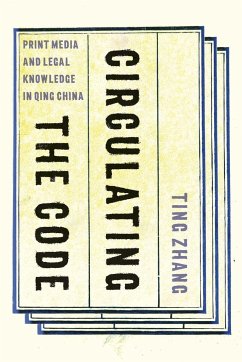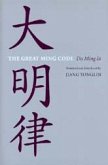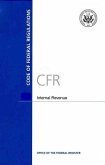"Expanded dissemination of legal information during the Qing dynasty (1644-1911) transformed Chinese law, judicial authority, and popular legal consciousness. This volume combines methodologies from the study of print culture and legal history to compare different official and commercial editions of the Qing Code, popular handbooks for amateur legal practitioners, and manuals for community legal lectures. It challenges the prevalent assumption that the Qing government monopolized the production and circulation of legal information and that local officials and the common people had little legal knowledge. During the Qing, most legal books were commercially published and available to anyone who could afford to buy them. Commercial publishers thus had greater power and influence in producing authoritative legal texts-including The Great Qing Code-than did official publishers. These publishers extended the circulation of legal texts and enhanced the judicial authority of unofficial legal commentaries by making them more broadly available in convenient formats. Law was no longer privileged knowledge monopolized by the imperial state and high elites. Accurate legal information was widely available through text and oral channels in the Qing, and both officials and commoners had ready access to it. The flourishing trade in commercial legal imprints contributed to the formation of a new legal culture, with features that included the free flow of accurate legal information, the rise of nonofficial legal experts, a large law-savvy population, and a high litigation rate in local society"--








